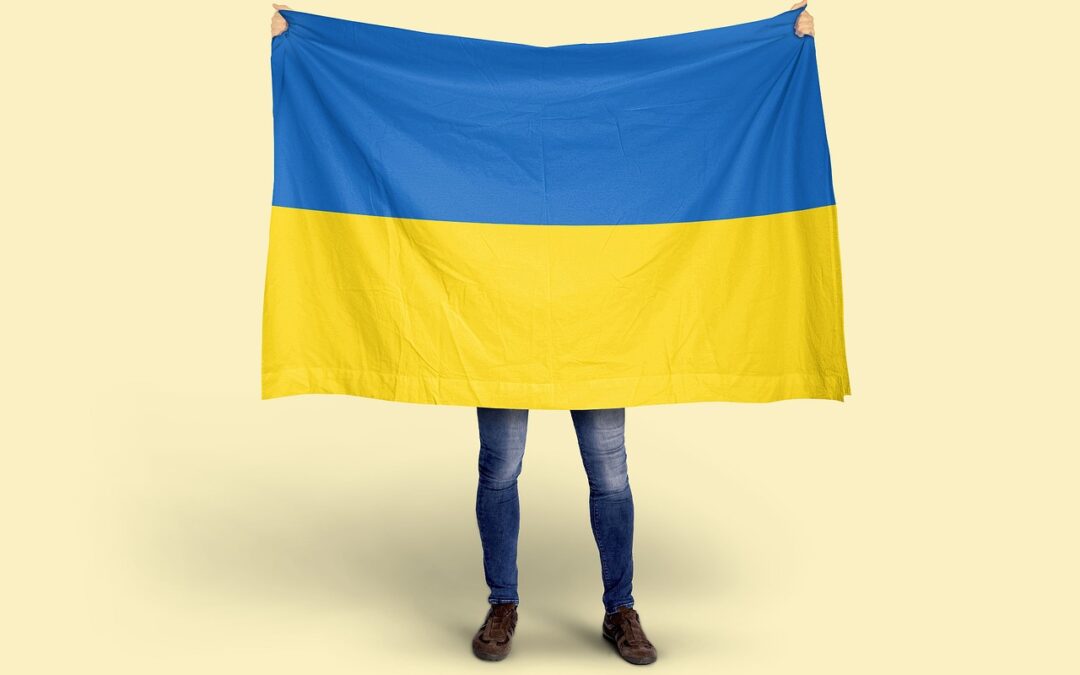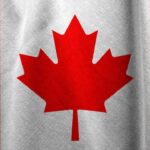Revival of the Ukrainian Language!
Ukraine gained its independence in 1991 after the collapse of the Soviet Union. At the time, the revival of Ukrainian, the country's native language, was promised. It is a miracle that it was still alive, as the Russian Empire and later the Soviet Union did so much damage to the Ukrainian people, culture and language over the centuries. Another miracle is underway in Ukraine right now, regarding the revival of Ukrainian. Before I reveal that miracle, it is worth writing a few words about how difficult it was for the Ukrainians to preserve their culture and language through the unique crises that happened to them over the years. With that knowledge, we will have a deeper understanding of the miracle itself.
Shortly after she came to power in 1762, the Russian Empress Catherine II banned the teaching of Ukrainian at the Kyiv-Mohyla Academy, the most important cultural center in Ukraine at the time. Later on, she gave orders to the churches to conduct church services only in Russian and to the schools to have Russian as a compulsory subject.
In the 19th century, the Russian Empire repeatedly persecuted the Ukrainian culture and especially the Ukrainian language, fearing that it would be a great threat to the unity of the Empire. In 1804 Ukrainian was banned as a subject and language of instruction in schools.
But even more severe measures followed in 1863 when the Imperial Minister of Home Affairs Pyotr Valuev issued a manifesto to end the publication of books in Ukrainian. According to the manifesto, "'Little Russian' (meaning Ukrainian) has never existed and will never exist."
In 1922, shortly after the Russian Revolution, Ukraine was absorbed into the Soviet Union, where new policies were implemented, known as 'Ukrainization'. It was a complete change and there was no longer any ban on the use of Ukrainian.
The 'Ukrainization' was short-lived, however, as the dictator Joseph Stalin canceled it in 1933. Worse than that, a good number of Ukrainian intellectuals, including famous writers and artists, were killed in the 'Great Purge' in 1937. After Stalin's death in 1953, a cultural revival flourished and in addition, a new generation of writers and artists emerged.
When Ukraine gained its independence in 1991, the government pledged to support culture and language. But the negative influence of Russia on the Ukrainian language was still visible in the new country and long after that, Ukrainian television, its newspapers, and even the names of its streets were still mostly in Russian. It wasn't time yet.
With the EuroMaidan Revolution in 2013-2014, a pro-Kremlin regime was ousted and replaced by a pro-Ukraine regime. Vladimir Putin did not accept that, and Russia annexed Crimea in 2014. Soon after, Russia invaded eastern Ukraine, seizing parts of the self-governing regions of Donetsk and Luhansk. Strict restrictions were placed on the use of Ukrainian in those occupied territories as part of the occupation.
Finally in 2019, the Language Act was passed in Ukraine, which established Ukrainian as the country's official language, forcing the media, the education system and public bodies to use the language publicly.
Then, in the year 2022, Putin's forces brutally attacked Ukraine, and although Putin thought he would win within a few days, the war is still ongoing two and a half years after the attacks. With Russian imperialism in full swing, the Ukrainian revival took off. The people of the country were single-mindedly committed to speaking their native language, regardless of their ability in the language. It was then that the miracle happened and the facts tell the story. Eight months after the attack, 71% of the country's population said they were speaking Ukrainian more, and 33% of Kyiv residents switched from Russian to Ukrainian as their spoken language.
From April 2023, anyone trying to become a citizen needs to pass Ukrainian exams (written exam and oral exam). "We are going through the rebirth of the language. We're just discovering what we've always had,” said Volodymyr Dibrova, a writer and translator who teaches Ukrainian at Harvard. Neither religion nor territory, but language, said Dibrova, is the factor that most significantly distinguishes them from their enemy. "It is as if the people of the country have woken up and are asking themselves: Who are we? What is our real history? What is our real language? If Ukrainian is our real language, why don't we speak it all the time? Why don't we speak Ukrainian as the language of our relationships and at all events - both formal and informal?" The answers were very clear to the people of the country, and they understood well that their language is a key part of their identity as a community and as a nation. That's why they started learning or re-learning it and speaking it as much as they could. They realized that their culture and especially their language was intertwined with their national identity. And they went into the breach and stood up for that same identity!
I highly recommend everything that the people of Ukraine are doing regarding their language, despite the fierce war that is going on. It also raises a few questions for us, regarding our culture and our language. Who are we? What is our real history? What is our real language? If Irish is our real language, why don't we speak it all the time? Why don't we speak Irish as the language of our relationships and at all events – both formal and informal? And finally the most important question for us to answer – what needs to happen to us so that we wake up from our stupor before it is too late and save our language – short of war?






